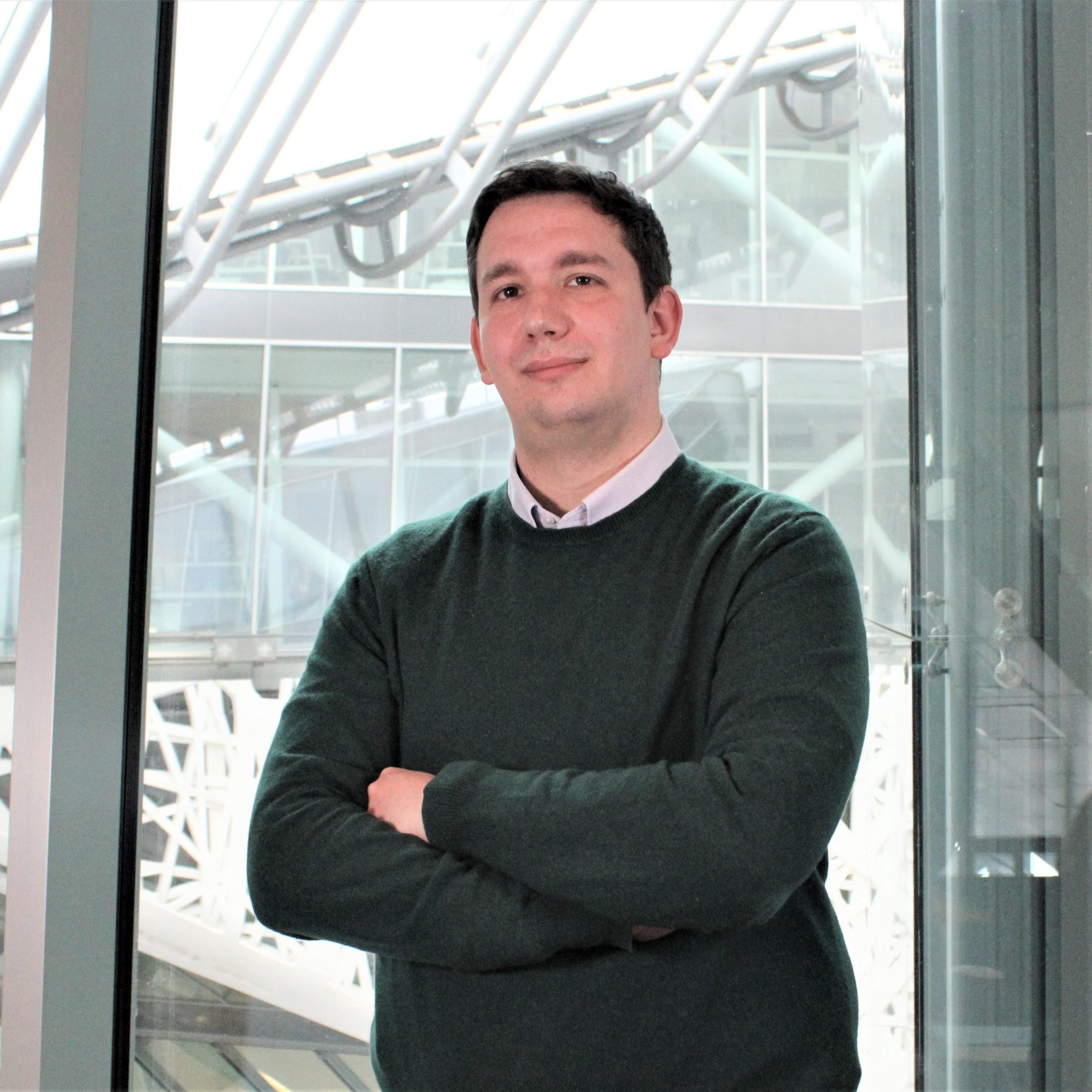
Blagoje Soskic
- Research Group Leader, Soskic Group
Blagoje Soskic è un Group Leader del Centro di Ricerca per la Genomica, programma di Genomica di Popolazione e Medica. Dopo aver completato i suoi studi in biologia molecolare all’Università di Belgrado nel 2012, Blagoje ha ottenuto un dottorato in Immunologia presso l’University College London nel 2016. Dal 2016 è borsista post-dottorato al Wellcome Sanger Institute di Cambridge, Regno Unito dove si occupa di studiare l’impatto della variazione genetica sulla funzione dei linfociti T. Il gruppo di ricerca di Blagoje utilizza un’ampia gamma di test immunologici e genomici per studiare le variazioni del sistema immunitario. Il suo gruppo ha un particolar focus sulla delucidazione del controllo genetico dell’interazione cellula T – cellula B e della produzione di anticorpi. Blagoje entrerà a far parte di Human Technopole nel gennaio 2022.
Email: blagoje.soskic[at]fht.org
Contatti
Segui
Pubblicazioni
-
11/2020 - Genes & Immunity
Genomic profiling of T-cell activation suggests increased sensitivity of memory T cells to CD28 costimulation
T-cell activation is a critical driver of immune responses. The CD28 costimulation is an essential regulator of CD4 T-cell responses, however, its relative importance in naive and memory T cells is not fully understood. Using different model systems, we observe that human memory T cells are more sensitive to CD28 costimulation than naive T cells. […]
-
04/2020 - Nature Communications
Single-cell transcriptomics identifies an effectorness gradient shaping the response of CD4+ T cells to cytokines
Naïve CD4+ T cells coordinate the immune response by acquiring an effector phenotype in response to cytokines. However, the cytokine responses in memory T cells remain largely understudied. Here we use quantitative proteomics, bulk RNA-seq, and single-cell RNA-seq of over 40,000 human naïve and memory CD4+ T cells to show that responses to cytokines differ substantially between […]
-
09/2019 - Nature Genetics
Chromatin activity at GWAS loci identifies T cell states driving complex immune diseases
Immune-disease-associated variants are enriched in active chromatin regions of T cells and macrophages. However, whether these variants function in specific cell states is unknown. Here we stimulated T cells and macrophages in the presence of 13 cytokines and profiled active and open chromatin regions. T cell activation induced major chromatin remodeling, while the presence of […]